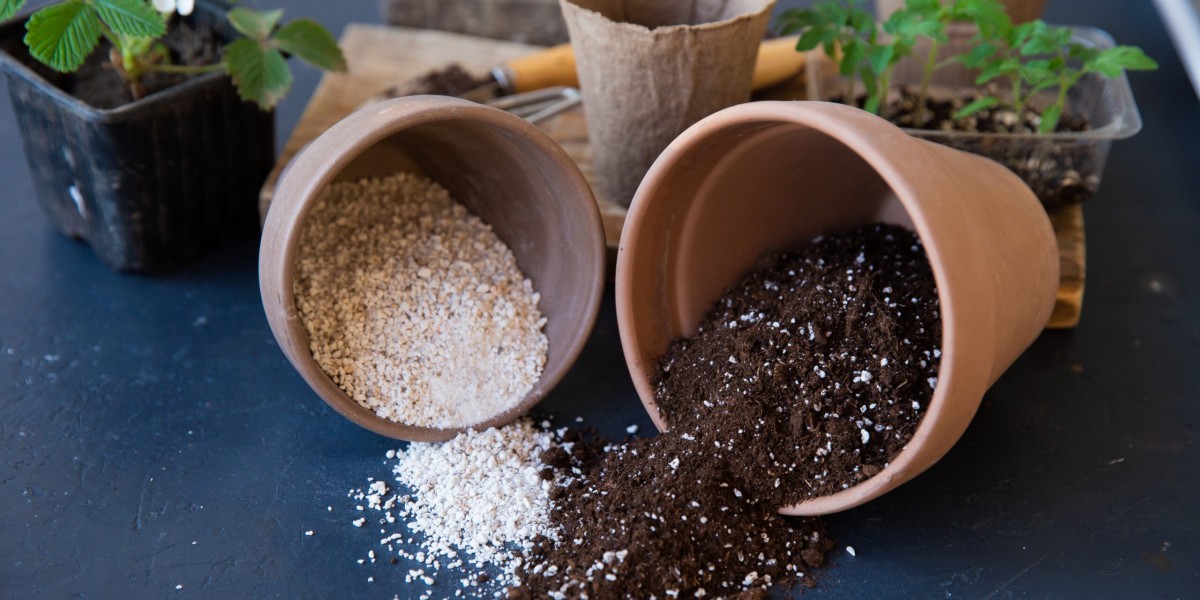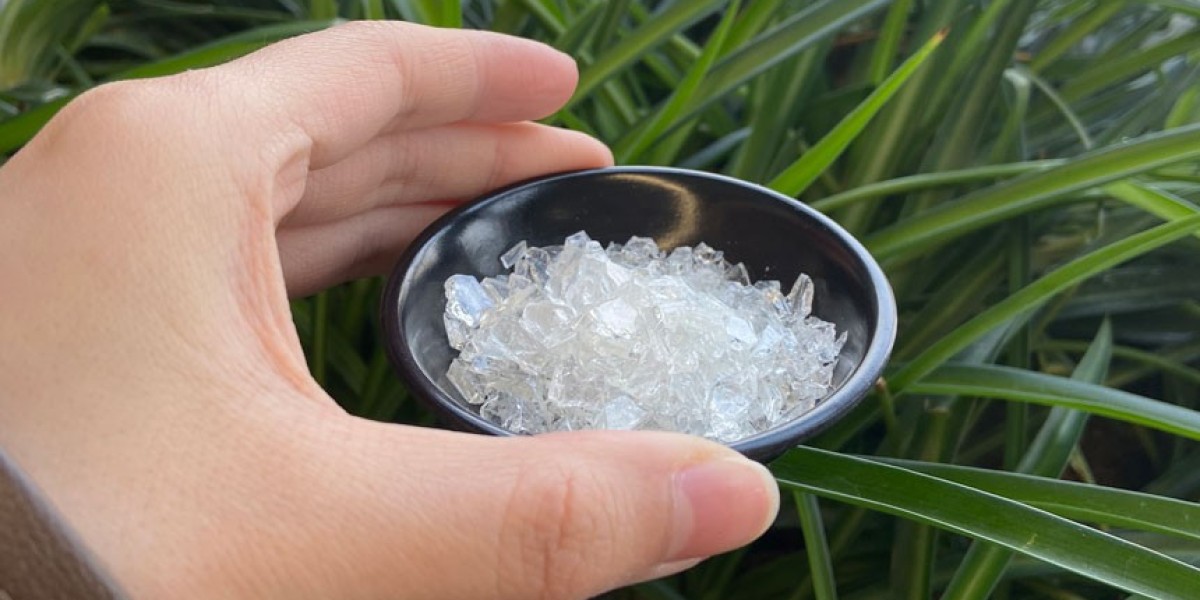When it comes to gardening and horticulture, understanding the various soil amendments available can make a significant difference in the health and growth of your plants. One such amendment that has gained popularity among gardeners and horticulturists is perlite. But what exactly is perlite, and why is it so beneficial for plants? In this blog, we'll delve into the properties, uses, and benefits of perlite, particularly focusing on expanded perlite.
What is Perlite?
Perlite is a naturally occurring volcanic glass that is rich in water content. It forms when volcanic lava cools rapidly, trapping water within its structure. When this raw perlite is heated to around 1,600 degrees Fahrenheit (871 degrees Celsius), it expands to several times its original volume, creating a lightweight, porous material known as expanded perlite. This expansion process is similar to popping popcorn, resulting in a white, granular substance that is widely used in horticulture.
Properties of Expanded Perlite
Expanded perlite has several properties that make it an excellent choice for gardening:
Lightweight: Expanded perlite is incredibly light, making it easy to handle and mix with other soil components.
Porous: Its porous nature allows for excellent aeration and drainage, which are crucial for healthy root development.
Non-toxic and Sterile: Perlite is sterile and free from diseases, pests, and weed seeds, ensuring it doesn't introduce any unwanted elements into your garden.
pH Neutral: Perlite has a neutral pH, which means it won't affect the pH balance of your soil mix.
Stable: It doesn't decompose or compact over time, maintaining its structure and properties for long-term use.
Benefits of Using Perlite for Plants
Improved Aeration: One of the primary benefits of perlite is its ability to improve soil aeration. Good aeration ensures that plant roots receive adequate oxygen, which is essential for healthy growth. Perlite creates air spaces within the soil, preventing it from becoming compacted.
Enhanced Drainage: Perlite's porous structure allows excess water to drain away quickly, preventing waterlogged soil and reducing the risk of root rot. This is particularly beneficial for plants that require well-draining soil, such as succulents and cacti.
Moisture Retention: While perlite improves drainage, it also retains some moisture within its pores. This balance helps to maintain consistent moisture levels in the soil, providing plants with a steady supply of water.
Root Development: The combination of improved aeration and drainage creates an ideal environment for root growth. Healthy roots are the foundation of strong, vigorous plants, and perlite helps promote robust root systems.
Lightweight Soil Mixes: Adding perlite to your soil mix reduces its overall weight, making it easier to handle, especially for container gardening. This is particularly useful for large pots and planters that need to be moved frequently.
How to Use Perlite in Gardening
Perlite can be used in various ways to benefit your plants:
Soil Mixes: Mix perlite with potting soil to improve its aeration and drainage. A common ratio is one part perlite to two parts soil, but this can be adjusted based on the specific needs of your plants.
Seed Starting: Perlite is excellent for starting seeds as it provides good aeration and moisture retention. Mix it with peat moss or vermiculite for an ideal seed-starting medium.
Hydroponics: Perlite is often used in hydroponic systems due to its lightweight and sterile nature. It provides excellent support for plant roots and facilitates efficient water and nutrient uptake.
Mulching: Use perlite as a mulch to help retain soil moisture and regulate soil temperature. Its light color also reflects sunlight, helping to keep the soil cool.
Conclusion
Expanded perlite is a versatile and valuable addition to any gardener's toolkit. Its unique properties and numerous benefits make it an excellent choice for improving soil aeration, drainage, and overall plant health. Whether you're a seasoned gardener or just starting, incorporating perlite into your gardening practices can help you achieve better results and healthier, more vibrant plants.


